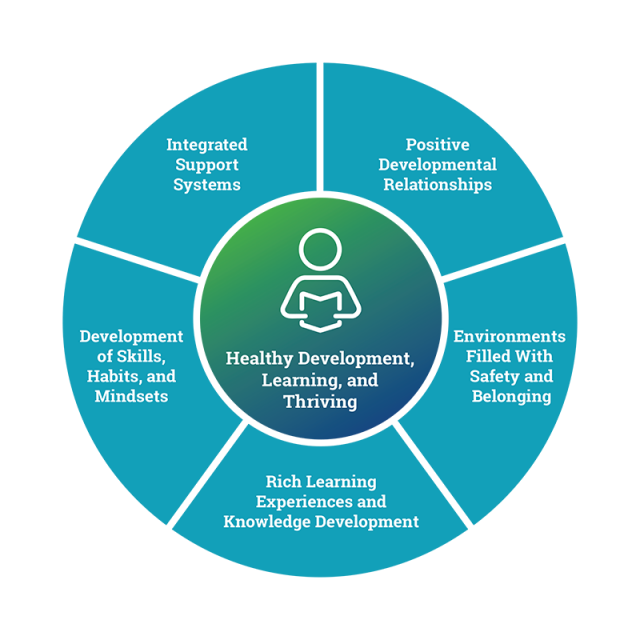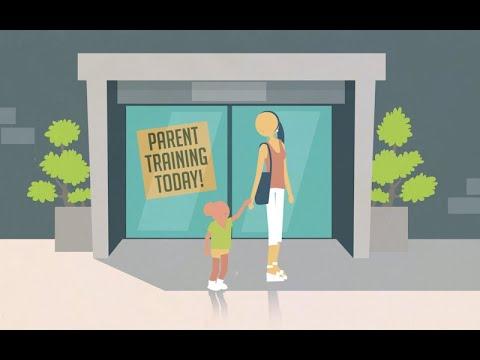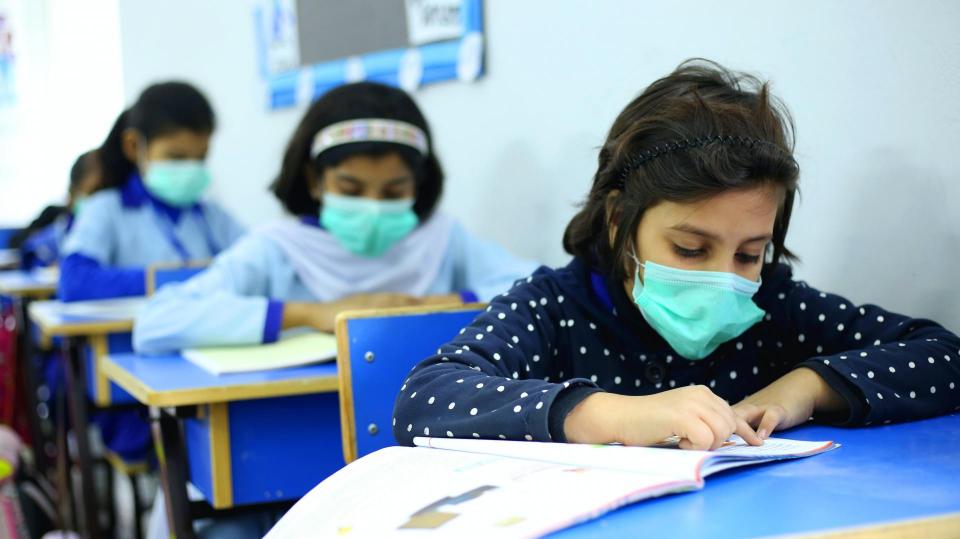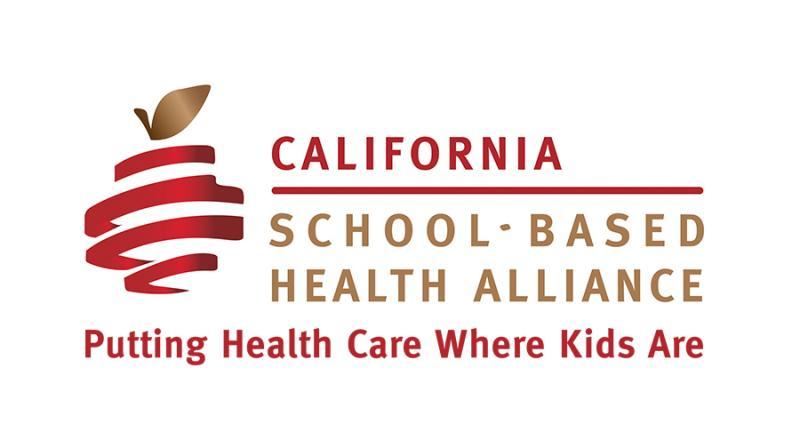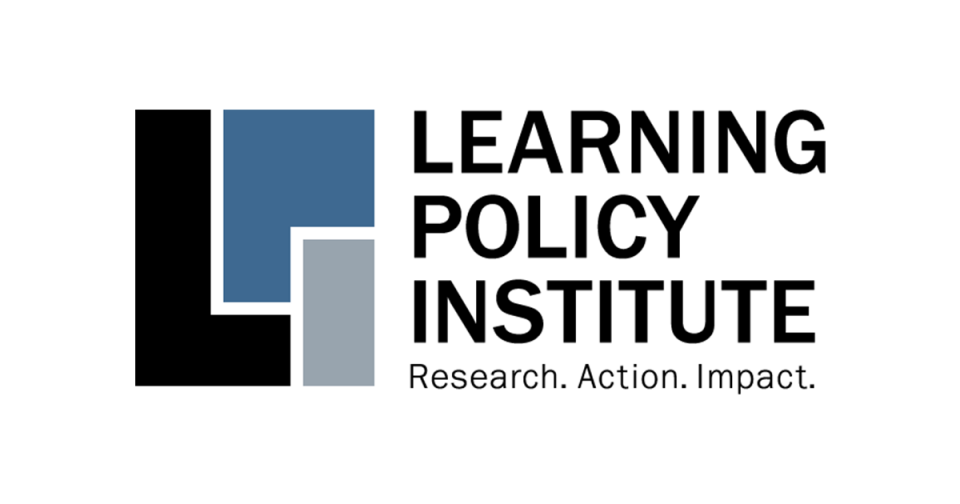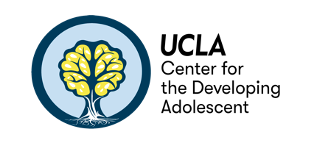CAN Health & Wellness Newsletter- It’s Time for a Safe Transition Back to School
October 27, 2021
Welcome to CAN’s Health & Wellness Newsletter! In the third installment of our revamped Newsletter, we will continue to share content surrounding the Whole Child Health and Wellness Vision as well as other approaches that prioritize the cumulative wellness of students in our Expanded Learning programs. As schools navigate the fall school year and new funding opportunities in California to support young people, operating safely is a priority, for all students and educators.
Feeling physically and emotionally safe in school and OST program environments is an element of Whole Child Health and Wellness in education. “When we promote Whold Child health, with Multi-sector coalitions, including California’s Expanded Learning Programs, we have the capacity to realize positive and equitable health and wellness outcomes for whole children, whole families, and whole communities RESULTING IN: Every child being well known, well cared for, and well prepared to thrive.”
This newsletter includes a variety of resources to support Whole Child Health and Wellness, including resources on Nutrition and Mental Wellness, Upcoming Events, and additional resources. Additionally, below is a helpful Q & A Resource from EdSource that includes practices for safe transitions back to school.
California K-12 Covid safety practices for the new school year | Q&A from Ed Source
Thank you for all you continue to do to create conditions for young people to thrive!
If you are interested in receiving these updates, sign up for the newsletter today!
In This Newsletter:
Happy National Farm to School Month!
The National Farm to School Network is celebrating early care and education this October. Their theme is Our Food, Our Future: Youth Leadership for a Racially Just Food System. This month, they are elevating and amplifying youth leaders and food justice by centering around six community values
Childhood Obesity Report 2021
Voices for Healthy Kids released a State of Childhood 2021 report with updated policy recommendations. Childhood obesity is a sign that our nation’s policies are failing our kids. These challenges are exacerbated by structural racism and COVID-19.
Introducing Key Design Principles into Education
The Learning Policy Institute created a list of five key design principles that can be brought into practice in order to transform site life.
The Five Principles are:
Adverse Childhood Experiences (ACEs) Resource
The CDC has created a ready-made resource about Adverse Childhood Experiences (ACEs). According to the CDC, Adverse childhood experiences, or ACEs, are potentially traumatic events that occur in childhood (0-17 years) and are linked to chronic health problems, mental illness, and substance use problems in adulthood. ACEs can also negatively impact education, job opportunities, and earning potential. However, ACEs can be prevented.
How Supporting LGBTQ+ Youth Increases Mental Health Access
Child Trends posted findings on secondary schools mental health services from data gathered from the Centers for Disease Control and Prevention (CDC) 2018 School Health Profiles. They found that in 35 states and DC reported over 50% of secondary schools facilitated mental services with those who had experienced with LGBTQ youth.
Reopening Schools Safely in California
The Learning Policy Institute released a brief on multilayered mitigation examples for school reopenings in the state of California. Their preliminary research highlights important models and practices to ensure that learning can continue effectively to keep schools open and students, staff, and their families safe.
California’s Move Toward Statewide School Mandates
The Public Health Institute released an article stating California’s move toward a statewide school COVID-19 vaccine mandate. This made California the first state to include COVID-19 among its required vaccines for eligible school-aged children and staff.
Building Bridges to Healthy & Resilient Communities
November 2 - 4, 2021
Join the California School-Based Health Alliance’s virtual statewide conference! This is an opportunity for care providers, educators, and advocates to connect and learn how to best support students by building health and educational equity.
Event: Using the Tools for Supporting Emotional Wellbeing in Children and Youth
November 12, 2021
The National Academies will be holding a Spanish language demonstration of the tools for parents and educators. The event is linked below.
Resources for Celebrating Farm to School Month
To celebrate Farm to School Month, the National Farm to School Network released a series of resources.
Community Schools’ Approaches to Whole Child Learning
The Learning Policy Institute has released a list of resources that outline Community Schools’ approaches to Whole Child Learning. Utilizing the thousands of community schools in the United States to advance equity and support student well-being, is an effective strategy.
UCLA Center for the Developing Adolescent Resources
The UCLA Center for the Developing Adolescent released several resources for the month of October.
Podcast: This is Me: Race and Identity in Adolescence talks about being a Black woman in science and forming identities in adolescence.
Check Out CAN’s Other Newsletters!
Access the CAN newsletter archives to view past newsletters today! You may be interested in some of our other newsletters as well:





